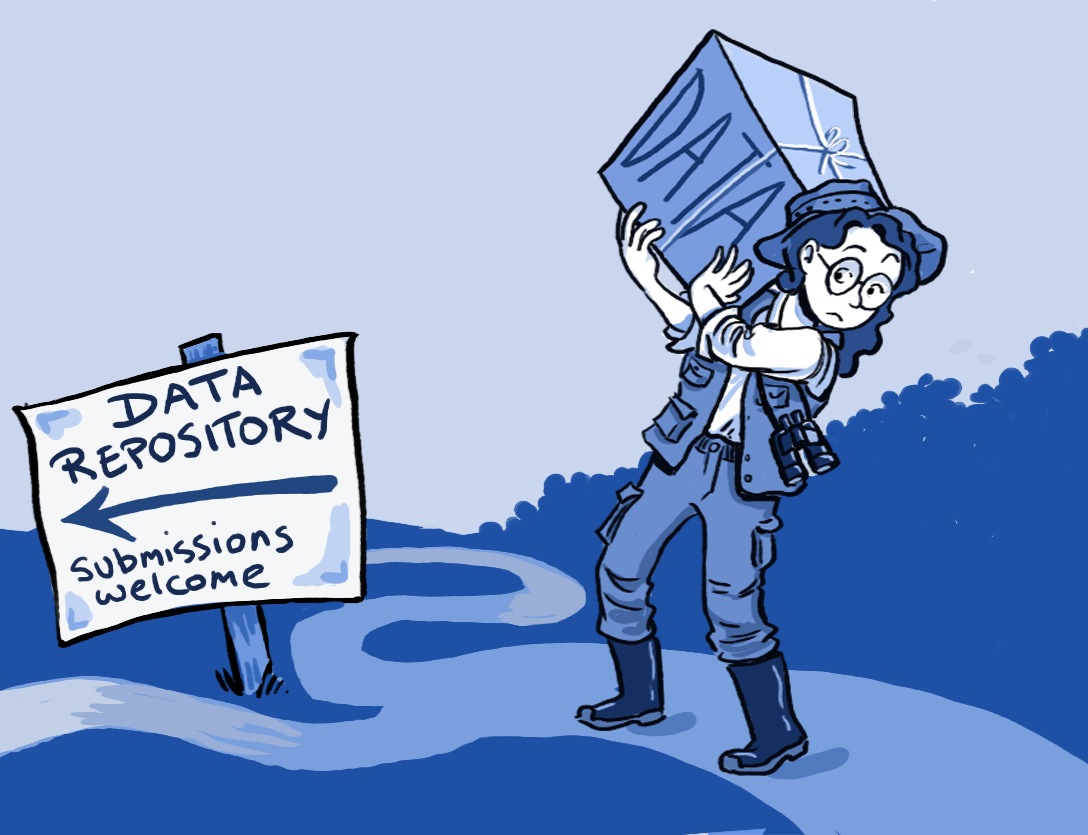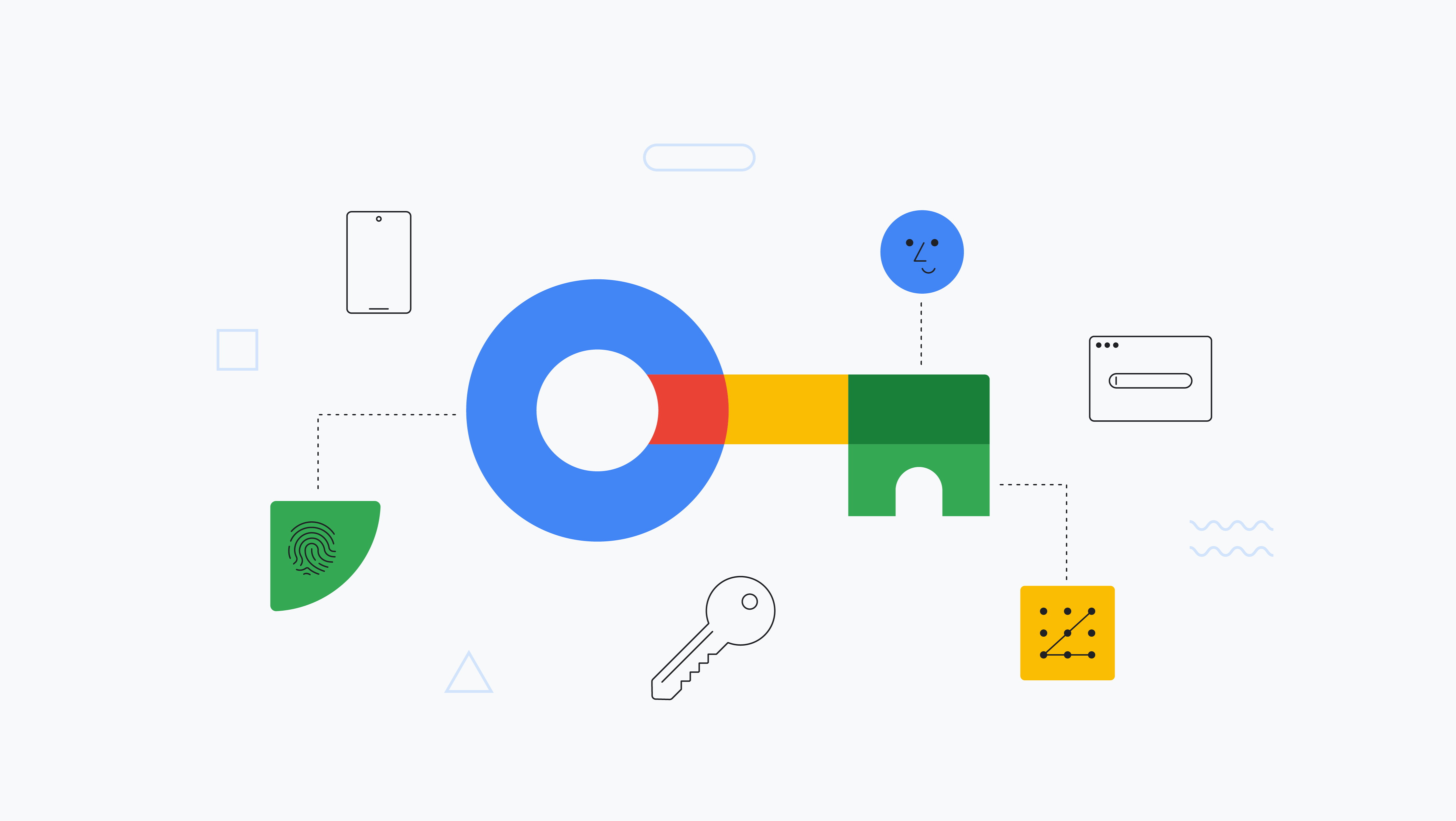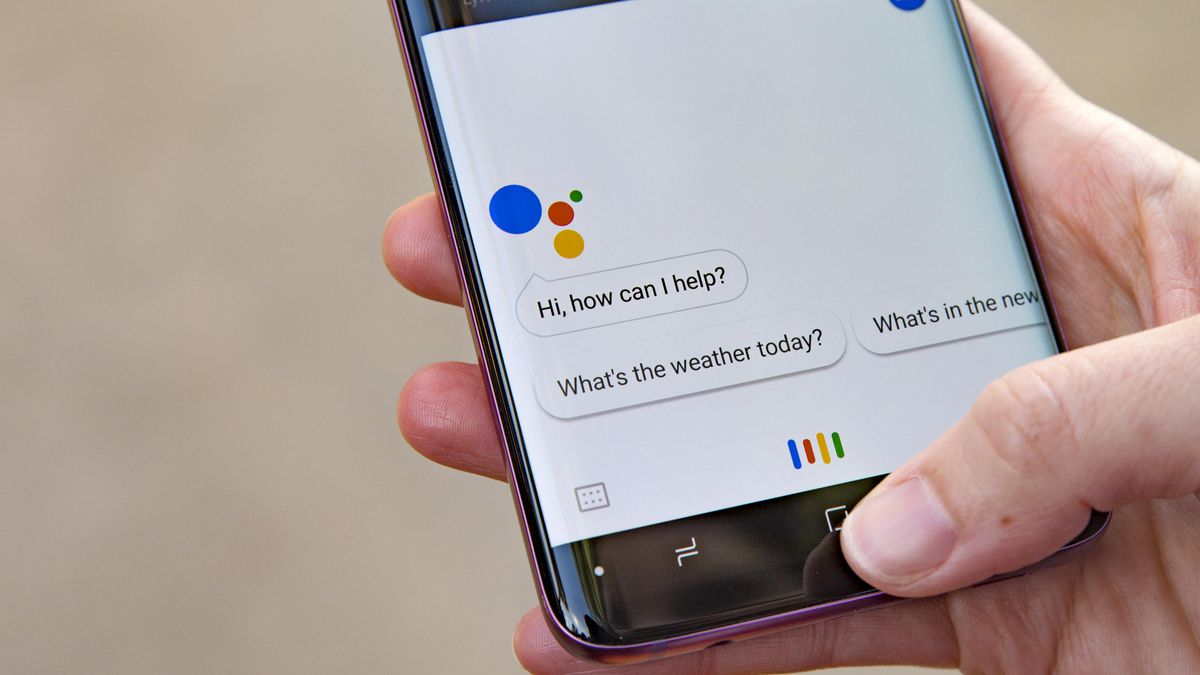“If you have something that you don’t want anyone to know, maybe you shouldn’t be doing it in the first place.”
– Eric Schmidt, CEO of Google.
It sends a chill down my spine. Everything I have ever done on the Internet since September 4, 1998 is on record somewhere in Google’s massive server farms. But until today, I didn’t realize the full implications of the type of data they have and the ways in which they collect it.
Yesterday I wrote an article called Anyone Can See Your ENTIRE Google Search History. Protect Yourself. I encourage you to read it before you proceed with this article.
Once you’re done read this piece carefully to understand what’s really going on with the millions of bits of data you generate on the Internet everyday.

What data does Google collect about you and the Internet?
First of all, remember that NOTHING you do on the internet in the privacy of your own home is actually private. In fact, let’s just ditch the “privacy of your own home” part right now, shall we? Google collects every possible bit of data that goes in and out of your system on a nanosecond to nanosecond basis.

When you’re online, you’re practically stark naked in front of the companies that control the Internet, but Google most of all because of the sheer extent of their reach.
Here’s a short list of what Google knows about you:
- Your IP address
- Your exact location and every place you’ve ever been to
- Your email ID(s) and the content of every mail sent or received on Gmail
- The device you’re using
- The browser you’re on
- The operating system you use
- Every site you’ve ever visited
- Every internet search you’ve ever made. Yes, even the ones in private/incognito mode
- Your entire personal profile
- Your phone number
- Your internet usage habits
- A scan of your face
- Your voice
- Everyone you communicate with online
- Your online medical records
- Your passwords and PIN numbers
- Your financial information including your bank account, credit cards and debit cards
- Your spending habits
- Every email you’ve ever sent or received
Of course, this is not a comprehensive list by any means. There are literally dozens of different types of data that keep flowing to Google’s servers as soon as you get online each day.
How Does Google Get This Data?
When you think about it, most of us have no idea how our information is shared on a regular basis. We agree to terms and conditions, we sign contracts and we are obliged to give up our privacy in exchange for convenience and access. We do this on a daily basis, but how many of us have actually read the 3000-word privacy policy on a site we visit?
So, naturally, there are all sorts of data sources that are feeding Google with practically everything about us and the kitchen sink.
Here’s how Google gets your data:
- Searches on Google: The world’s number one search engine has become so indispensable to us that we no longer search for something on the Internet – we “google” it. As I explained in my earlier article, Google stores every search you ever made on the Internet.
- Search Result Clicks: But that’s not all. Google also knows which of the search results you clicked on and every single site you have visited in the past and right now. You can erase this history from your machine, but not from Google’s servers.
- Googlebot: As Google’s main web “crawler” or “spider”, this bot is the software that Google uses to crawl through billions of pages each day. And that includes your profile pages, social accounts, blogs, YouTube channels and anything that matches the IP address of your Internet connection.
- Email: Email is not private by any means. If you have a Gmail account, everything you ever sent or received – including attachments – is stored with Google. Even if you trash it.
- Google Apps: With the increase in the usage of apps such as Drive, Docs, Sheets and so on, the data from these sources is also added to the pile of information about you every day.
- Chrome: This is a diamond mine of data for Google – everything about your interaction on this browser goes directly to Google and stored in perpetuity.
- Contact network: The people you “Hangout” with, people you make calls to and messages you send – all of this data is transmitted.
- YouTube: Everything you watch, how long you watched it for, your channel favorites, whether you click on ads, etc.
- AdSense and AdWords: These are the two sides of Google’s advertising business. Google knows your websites, the ads you click on, the kinds of ad blockers you use – everything.
- OK, Google: Voice search contains rich information about natural language processing, accents, emotional tone and lots more that is vital to developing Google’s Deep Mind artificial intelligence project.
That’s just a short list, by the way. Everyday, Google keeps introducing new services and updates to its existing services. They also keep changing their privacy policy to make it easier for them to share that data across new services they keep introducing.
But the question is: why would Google need all that data about you?
Why is Google Collecting All This Data?
First of all, it should be made clear that Google collects data to make our experience better on the Internet. Do you know why your search results come back in a fraction of a second? Because Google has already crawled and indexed those pages that contain the information you want. You get content suggestions on Google and YouTube because Google knows your habits and what you usually watch/read/view. Using the trends and patterns that emerge from trillions upon trillions of data points Google can serve us the best ads and the most relevant information.
And that’s also why people consider Google to be the leader in artificial intelligence. Intelligent decisions are based on information, and Google has more corroborative information on us than our mothers and grandmothers combined. And then some.
Google’s mission has always been “to organize the world’s information and make it universally accessible and useful.” And they’ve kept that promise.
We don’t pay cash for most Google products that we use. We pay with information. And for the ultimate experience of being able to find out nearly anything about nearly anything, that’s the price we are willing to pay.
And it’s not just Google. Microsoft does it; Apple does it; Facebook does it; and every company we interact with on the Internet wants – and gets – information about us on a regular basis. Heck, you know that the government’s been doing it for decades, right? Unfortunately, the government is the only entity that gives us back very little for the amount of data they hold about us.
Tomorrow, I’ll give you some tips and tell you about some tools you can use to protect the most important data about yourself.
If you’re reading this on Apple News, please favorite the 1RedDrop channel (next to our logo) to add us to your news feed, or Like our page on Facebook. Please bookmark our site for more insightful articles on current and future technologies that are changing our lives.



